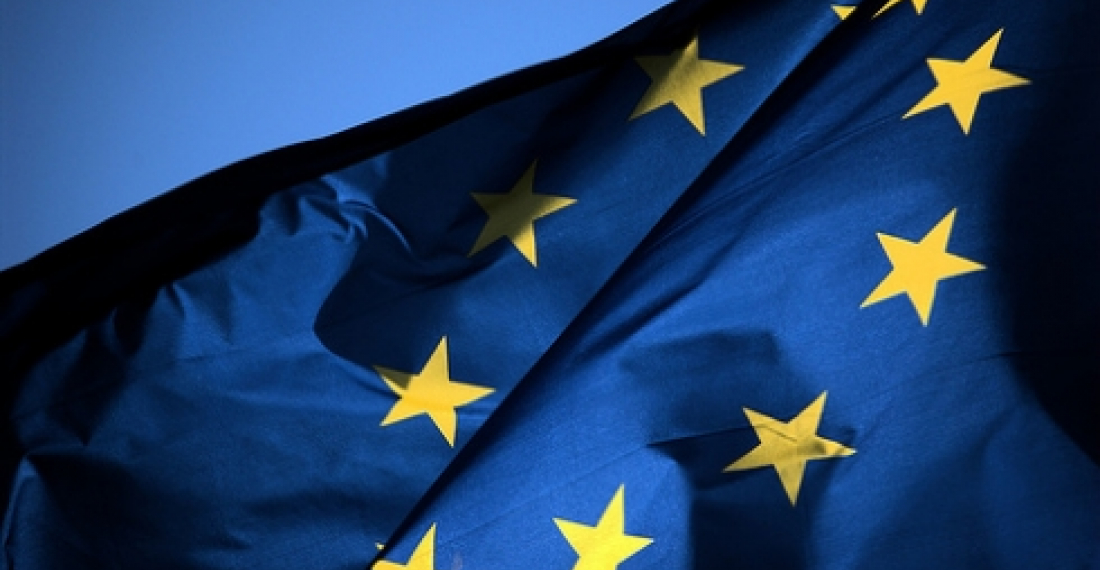More Azerbaijanis see trade as key sector in relations with EU
Poll shows increasing importance of fighting corruption
A growing number of Azerbaijanis see trade as a key element of their country’s relations with the EU, seeing EU policies as promoting trade, and wanting the EU to play a greater role in the sector. These findings are drawn from the third in a series of opinion polls carried out at six-month intervals between December 2009 and November 2010. The polls questioned 400 members of the Azerbaijan general public, as part of an EU funded survey of attitudes towards the EU, carried out across the Neighbourhood partners.
According to the poll most people still find refugees and Internally Displaced People to be the major challenge facing Azerbaijan. At the same time the increasing number of the respondents identified fighting corruption (57%, up from 48% in June 2010), securing popular sovereignty (36% - 7% more than six months ago) and building security and defense (34%, up from 31% in June 2010) as key challenges for the country.
Source: www.enpi-info.eu







